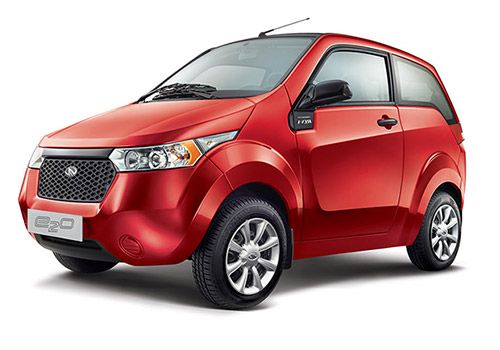The Indian Electric Vehicle Market
India has one of the largest automobile industries in the world which contributed more than 7% of the GDP and employs hundreds of thousands of workers. It even exports a substantial number of vehicles to developing markets. However, the auto industry is led by Japanese company Suzuki which holds more than 50% of the marketshare followed by Hyundai. The Indian automobile makers of domestic origin fall far behind in the marketshare stakes as compared to the foreign companies.
Due to the strength of their R&D and manufacturing, Indian companies like Mahindra and Tatas have never really been able to put much of a dent. Even the US car makers like General Motors and Ford remains mostly niche players dominated by the like of Honda, Toyota, Suzuki, and Hyundai.
However, the automobile industry is set for a major disruption with the advent of car sharing and electrification trends. The ICE engine industry is set to keep losing share and if the India government plans for complete electrification is realized, then the car market in India will look completely different by 2030. There has been a lot of resistance by the auto industry against this ongoing change even as the government pushes aggressively to change the industry. This is not only due to the higher efficiency of EVs but its major role in reducing India’s massive oil imports and lowering pollution which is becoming a huge problem in congested Indian cities.
Tata and Mahindra have already won the 10,000 EV tender launched by EESL and plan to supply electric sedans to the government departments. The Indian government is quickly seeding the market through its own procurement and wants a market-driven industry as quickly as possible. The Indian automakers realize that this is a golden opportunity to win a large marketshare in the Indian market by upending the traditional leaders. They can use their low-cost EV platforms to win higher share. Mahindra is also using the car sharing trend to sell more vehicles. It has already tied up with Uber to sell vehicles to its car drivers.
You might also like Do You Know The Countries Which Have Greatest Number Of Electric Vehicles In The World?
While Mahindra has already announced three new products for the EV market, Tatas have also rolled out the electric version of their Tigo sedan in double quick time. The leaders in this space like Maruti Suzuki are also hedging their future by tying up with others for building new EV car platforms and making lithium batters for their vehicles. However, if the Indian car makers move aggressively then they could definitely improve their marketshare and even look to be leaders in their large domestic market which could easily become the second largest market in the world over the next decade.
China would be a good role model for them to follow. The Chinese government has smartly used its EV subsidies to boost its domestic companies like BYD which are now selling hundreds of thousands of EVs in their own market gaining precious scale and developing a technology. This can be leveraged by them to penetrate foreign markets
Google+


